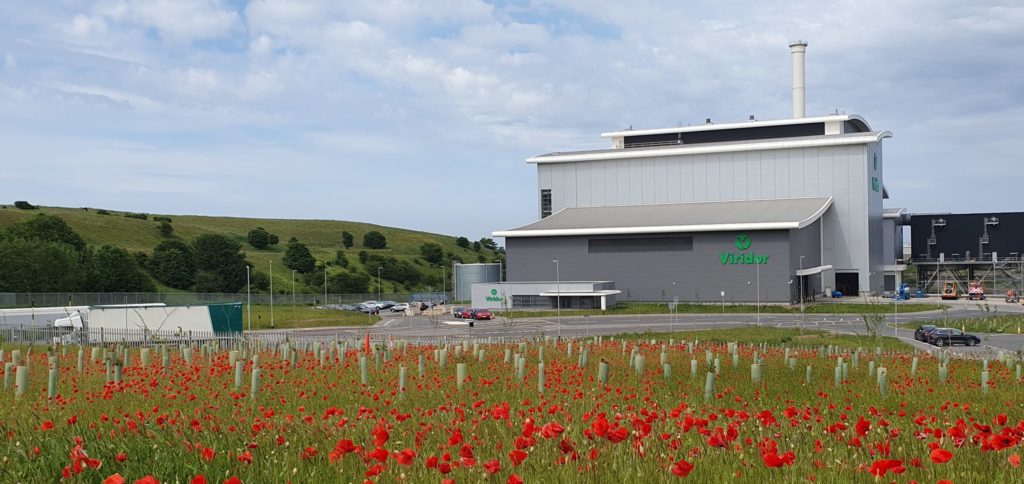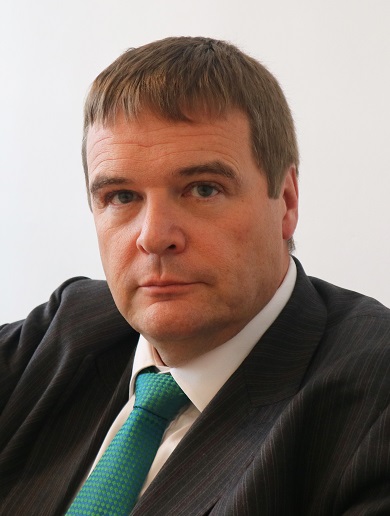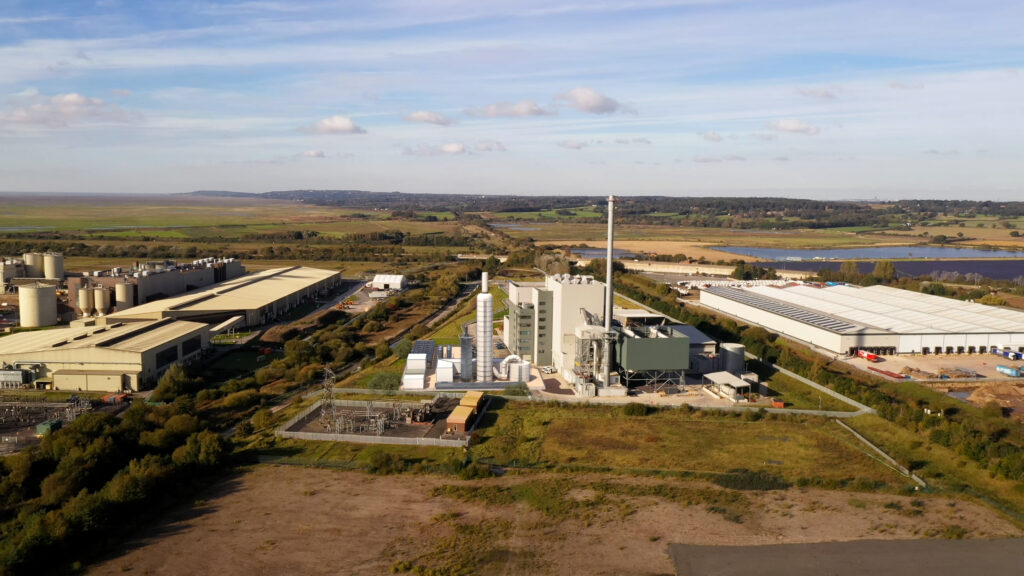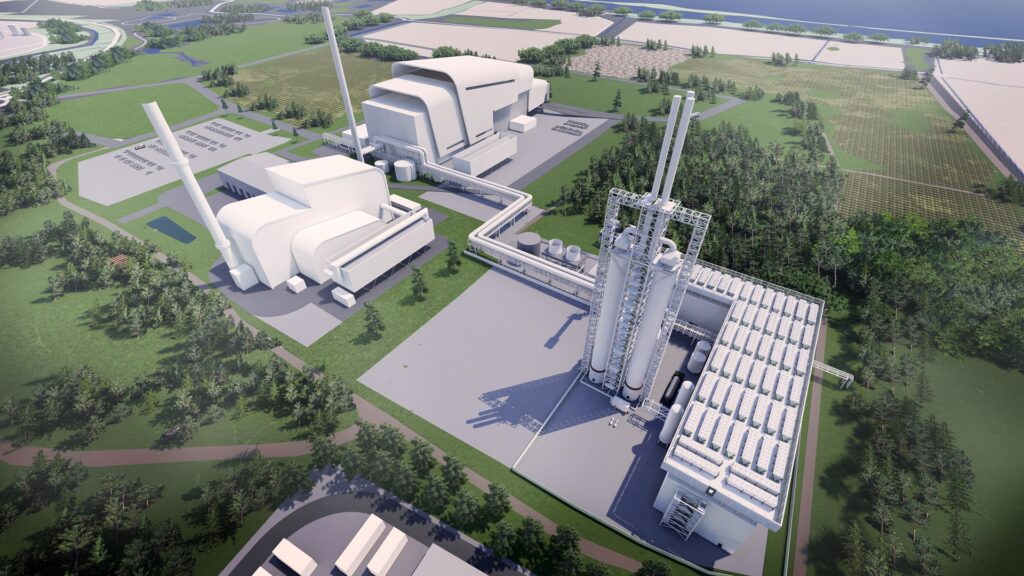Dr Church was asked in November 2021 by the Scottish government to lead the “independent review into the role of incineration in the waste hierarchy in Scotland”.
Published yesterday (10 May), the review set out 12 recommendations to the government. This included a proposal to immediately “ensure that no further planning permission beyond that already in place is granted to incineration infrastructure unless balanced by an equal or greater closure of capacity”.
The report also said the Scottish government should consider how best it can discourage undesirable imports of RDF to Scotland that might drive otherwise unnecessary infrastructure capacity development.
However, the report did find that public health impacts from EfW plants “were likely to be small”, but said greater engagement with the local community is needed.
Cap
Other recommendations called on the government to set out an indicative cap that declines over time for the amount of residual waste treatment needed as Scotland “transitions towards a fully circular economy”.
The review was welcomed by circular economy minister Lorna Slater. A response from the Scottish government is expected next month.
Review
The independent review was “asked by the minister to prioritise the assessment of national capacity requirements”.
To respond to these topics, the review considered existing evidence and commissioned additional capacity modelling, an appraisal of waste treatment options and a rapid evidence review of the potential health impacts of incinerating waste.
While examining this, “it became apparent” that data is “lacking in some areas”, and that was one of the recommendations to improve.
The review found that there could be a capacity gap in 2025 when Scotland’s ban on bio-degradable waste comes into effect. This would be greater if commercial waste is in scope too.
However, the review said: “The short term nature of the capacity gap, balanced against the long term likelihood of overcapacity, highlighted the difficulty in using infrastructure with long operational lifespans alone to treat residual waste”.
According to the Scottish government, there are six operational municipal waste EfW plants in the country.
Two of these are owned by Viridor in Dunbar and Glasgow, while the others are operated by FCC, Levenseat, MVV and Shetland council.
Reduction
The report said the best form of residual waste treatment is preventing it occurring in the first place, through reducing waste and recycling. The review recommends that the Scottish government does more to reduce the proportion of recyclable materials in the residual waste stream.
The capacity currently being proposed is likely to be more than needed
- Colin Church, chair of the review
‘Well regulated’
Chair of the review Colin Church said: “The evidence I received shows that, whilst well-regulated incineration does have a role to play in managing unavoidable residual waste in Scotland, the capacity currently being proposed is likely to be more than needed, so a lot of it should not be built.
“For the proportion that is developed, the level and quality of engagement with local communities needs to be excellent, which unfortunately has not always been the case to date. There is also more that must be done to reduce the climate impacts of waste incineration, and I look forward to revisiting my provisional recommendations in this area in due course.”
Useful links
Stop, Sort, Burn, Bury – incineration in the waste hierarchy: independent review












Subscribe for free